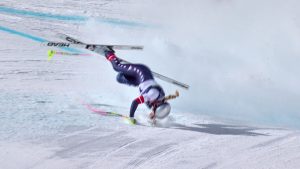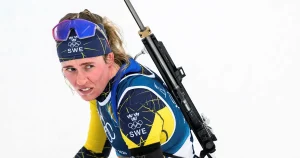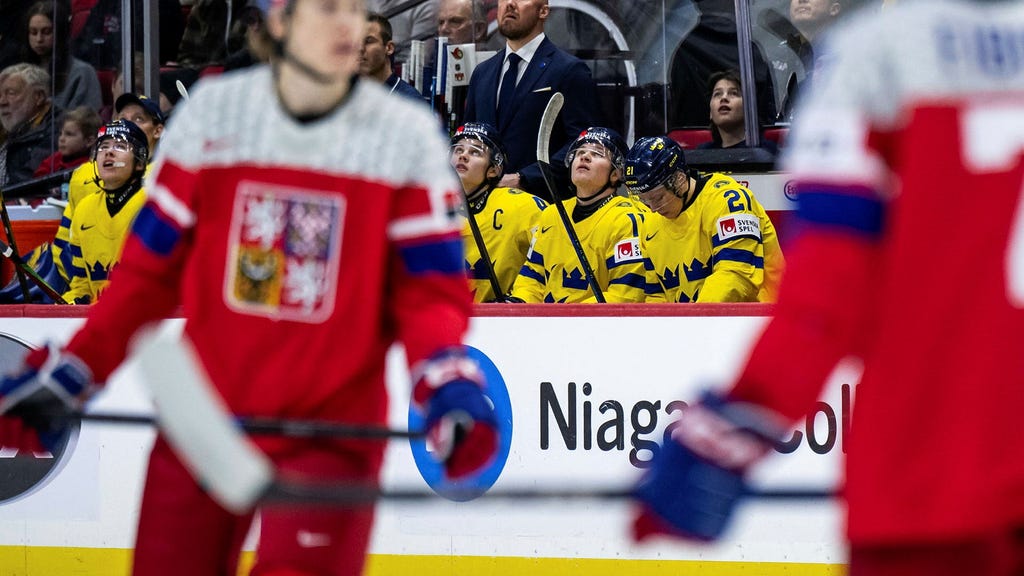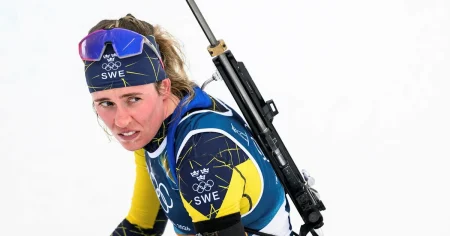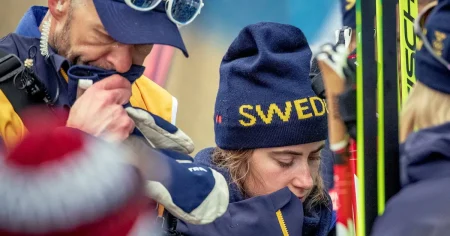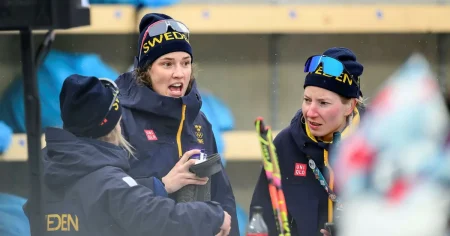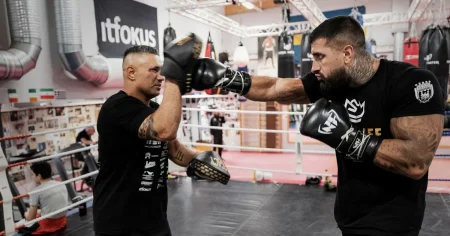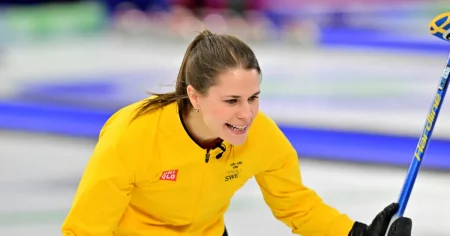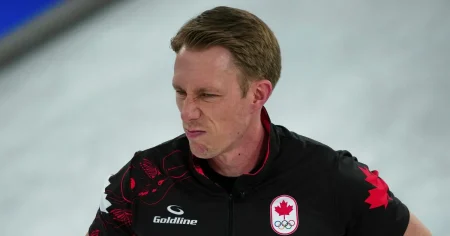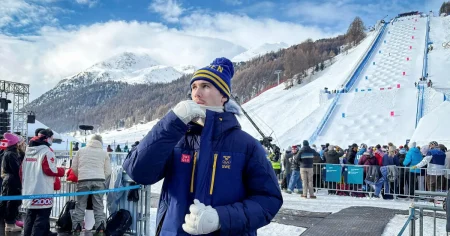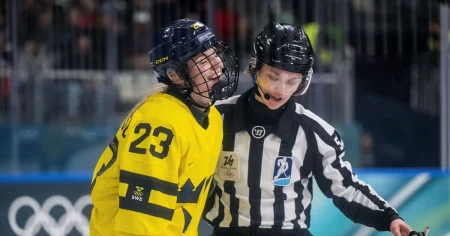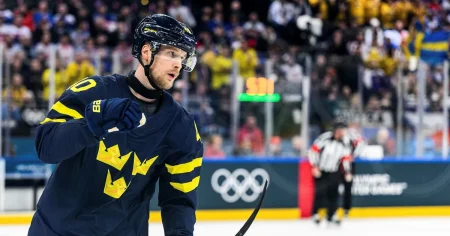Sweden’s journey at the 2023 IIHF World Junior Championship in Ottawa ended without a medal, culminating in a heartbreaking shootout loss to the Czech Republic in the bronze medal game. Less than 24 hours after their semifinal defeat, the young Swedes faced a determined Czech squad in a tightly contested match that ultimately required a marathon shootout to decide the victor. The agonizing defeat marked a disappointing conclusion to a tournament that held both promise and frustration for the Juniorkronorna.
The bronze medal game mirrored the intensity and tension of a championship final, with both teams battling fiercely for every inch of ice. After regulation time ended in a 2-2 stalemate, the drama escalated into overtime, where neither side could break the deadlock. The subsequent shootout stretched an incredible 14 rounds, testing the nerves and skill of both teams. Each save and each successful shot amplified the pressure, creating a palpable sense of anticipation in the Canadian Tire Centre. The Czech Republic ultimately prevailed, converting their 14th attempt while Sweden’s final shot missed the mark, sealing the bronze medal for the Czechs and leaving the Swedes to grapple with the bitter taste of defeat.
The loss in the bronze medal game compounded the disappointment of Sweden’s semifinal exit against their arch-rivals, Finland. While the Swedes had displayed flashes of brilliance throughout the tournament, inconsistency ultimately plagued their campaign. They demonstrated their offensive firepower in some games, racking up impressive goal totals, but struggled to maintain that consistency throughout the tournament. Defensive lapses also proved costly, particularly in crucial moments against top-tier opponents. The semifinal against Finland highlighted these inconsistencies, as Sweden struggled to contain the Finnish attack and ultimately fell short of reaching the gold medal game.
Reflecting on the tournament as a whole, the Swedish team’s performance revealed both strengths and weaknesses. Their offensive talent was undeniable, boasting several high-skilled forwards capable of generating scoring chances. However, the team’s defensive structure sometimes appeared fragile, and they struggled to consistently shut down opposing offenses. Special teams play also proved to be an area of concern, with the power play failing to capitalize on opportunities and the penalty kill struggling to contain opposing power play units. These inconsistencies ultimately hampered Sweden’s progress and prevented them from achieving their ultimate goal of a gold medal.
The shootout loss to the Czech Republic underscored the fine margins that often separate victory and defeat in high-stakes hockey tournaments. While the extended shootout highlighted the skill and resilience of both teams, it ultimately left Sweden on the losing side, forcing them to confront the reality of a medal-less finish. The experience, though undoubtedly painful, provides valuable lessons for the young Swedish players, many of whom are likely to represent their nation on the international stage again in the future. The sting of defeat can serve as a powerful motivator for future tournaments, fueling their desire to improve and ultimately achieve success.
Looking ahead, the Swedish Ice Hockey Federation will undoubtedly analyze the team’s performance in the 2023 World Juniors, identifying areas for improvement and focusing on developing the next generation of Swedish hockey stars. The tournament, despite the disappointing outcome, showcased the talent and potential within the Swedish hockey system. While the immediate aftermath of the tournament is filled with disappointment, the future of Swedish hockey remains bright, with a new generation of players eager to learn from this experience and strive for gold in future international competitions. The 2023 World Junior Championship serves as a stepping stone in their development, a valuable learning experience that will shape their future careers and fuel their pursuit of international hockey glory.


